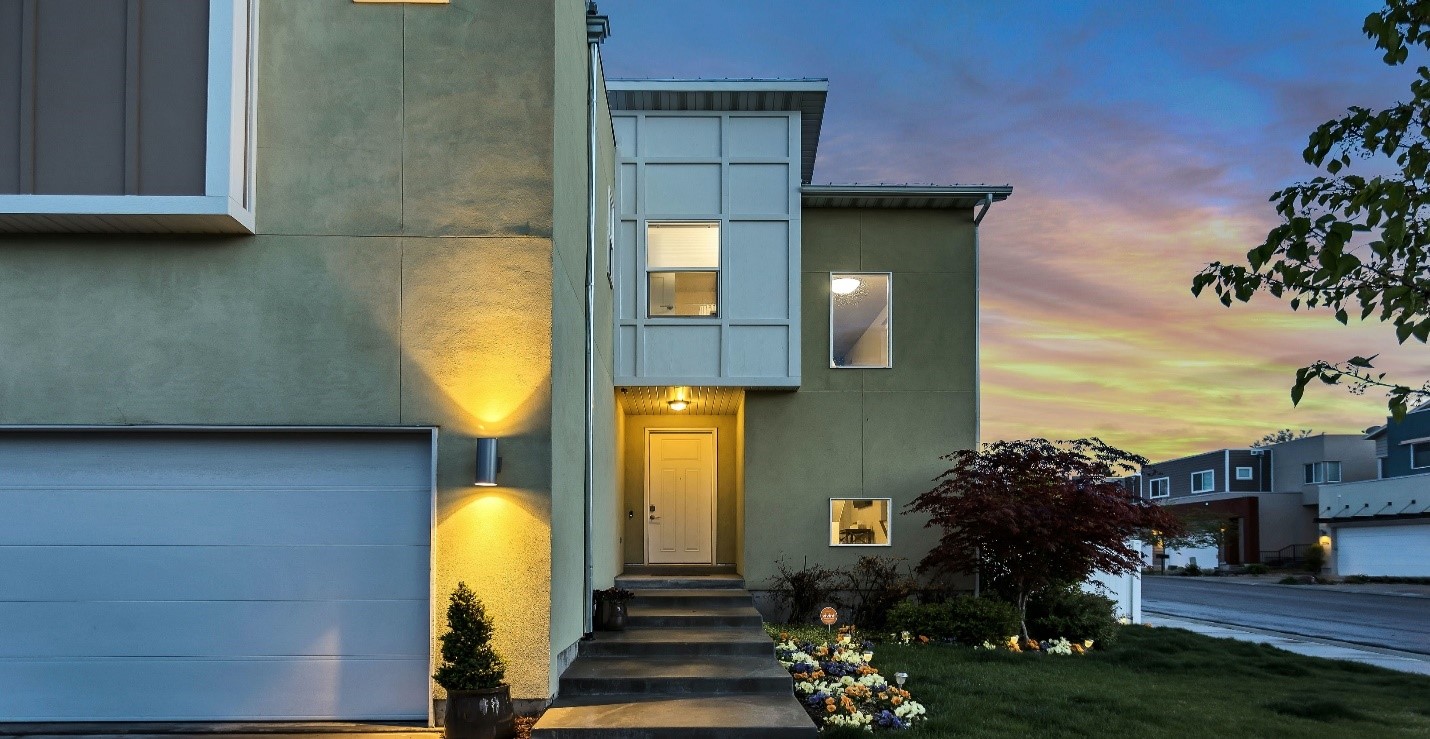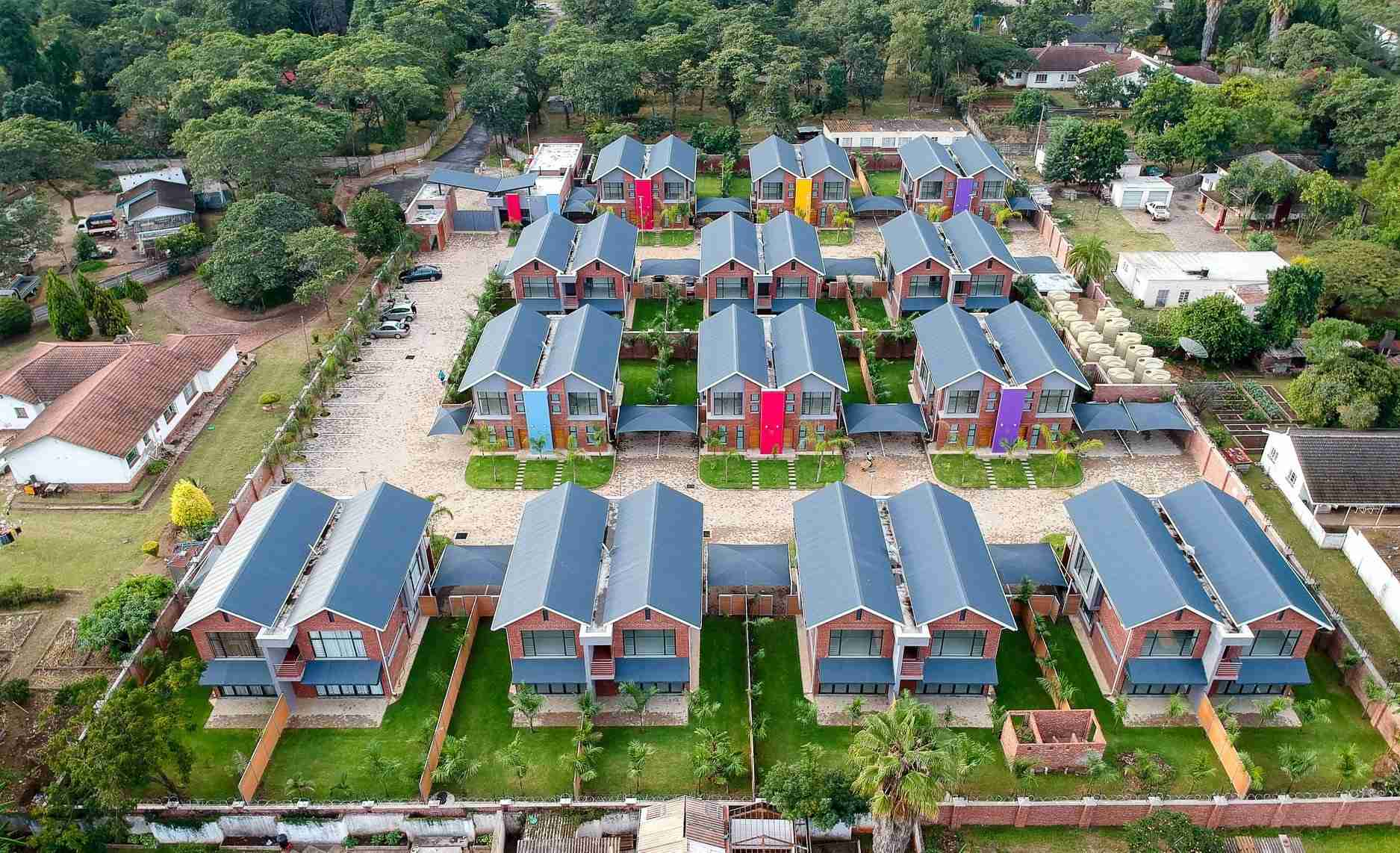Zimbabwe is now set for a steady recovery amid the passing COVID-19 lockdowns. And this period is a golden opportunity for investors to make investments that are predicted to yield a high rate of return.
This exciting opportunity extends to both corporate and individual investors. With the economy’s steady recovery, this is just the right time for investors to hit the hot properties before they become cold again. Among the most sought sectors for investment, the property or the real estate sector tops the chart with lucrative rates of returns and low investments.
The real estate sector showed almost a 5 per cent increase in the growth rate in the last quarter of 2021. This growth came after the troubling -33 per cent decline in the growth rate during the lockdown period, which started in the first quarter of 2020. That was the year when the economy was hit the hardest, and the markets became unstable and soon hit their decline.
Now that the lockdowns are over, the growth rate has picked the pace again, with 5.1 per cent growth in early 2022, projected to grow by 1.4 per cent in 2023. Despite the challenging lockdown period, real estate remained a haven option for investors. However, that is not to say that the prices were not affected, but it remained a better option for investments than any other asset.
The ongoing pandemic slowed the economic growth period, and that caused many under-construction and developing projects to come to a halt. The construction sector suffered as a result, and the projects promised to come to completion were not completed, which slowed down the progress of this sector.
On the other hand, the property sector presented itself as a good opportunity for investors to invest in properties for less than the market price, only to gain a higher return in the next few years.
However, the rental income of the property owners was very affected during the lockdowns. The decline in the tenants’ income was the major cause of decreased rental income collections since most tenants could not keep up with their rents, and most were not in any state to pay at all. Due to this, most property owners had to forgo the rent for a few months, and some decreased the rent to a large percentage so that the tenants could pay them. As a result, the market prices for the rents dropped. That is different from saying that selling the properties did any good well.
With the business shutting down globally, people had to meet their short-term liquidity needs. To do that, most property owners sold off their properties at low prices since the buying power of the masses had dropped significantly. This presented an opportunity for investors to get their hands on lucrative properties and sell them off at high prices. That is how Zimbabwe’s real estate became lucrative to investors.



